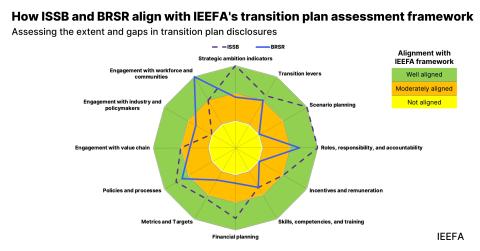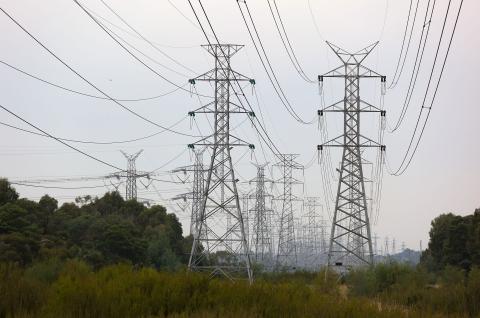Accountability in Coal Country: The World Is Watching the Don Blankenship Trial
Something momentous is going on in the heart of coal country today: The once-mighty CEO of Massey Energy is on trial for violating mine safety laws, for covering up those violations, and for lying to the Securities and Exchange Commission in the lead-up to the worst mining disaster in the U.S. in 40 years.
Twenty-nine men died on Blankenship’s watch in an explosion at Massey’s Upper Big Branch Mine on April 5, 2010. The catastrophe stunned the nation and set off an inquiry that uncovered horrific betrayal. Investigators found that those 29 miners had lost their lives because Blankenship and Massey had nurtured and presided over a corporate culture that prized profit and “production” above all.
From the opening paragraphs of the federal indictment:
“Blankenship knew that Upper Big Branch Mine was committing hundreds of safety-law violations every year and that he had the ability to prevent most of the violations that UBB was committing. Yet he fostered and participated in an understanding that perpetuated UBB’s practice of routine safety violations, in order to produce more coal, avoid the costs of following safety laws, and make more money.”
And this:
“Blankenship made, and caused to be made, materially false and misleading statements and representations, and omitted and caused to be omitted statements of material facts, regarding his and Massey’s practice of willful violations of safety laws at the mine.”
Of course a jury will decide Blankenship’s guilt or innocence, but his legacy is cemented in infamy already. Mine safety experts have concluded that the explosion was caused when a spark in the mine set off a raging fire stoked by a combination of poor ventilation, deadly levels of coal dust, and poorly-maintained safety equipment. These inquiries, and the indictment, have painted a picture of company complicity and its CEO’s role in it.
BLANKENSHIP WAS LONG KNOWN FOR A DEVIL-MAY-CARE ATTITUDE IN WHICH HE DEMONIZED REGULATORS, DENIGRATED UNIONS, AND SHOWED CHRONIC CONTEMPT for public accountability, the press, the environment, and the people who worked for him.
The trial, which began Oct. 1 in federal court in Charleston, has seen two especially searing pieces of testimony:
- From Chris Blanchard, the former president of the Massey subsidiary that ran Upper Big Branch, explaining how the mine was of paramount importance to Massey’s bottom line and was projected to provide 15% of the parent company’s revenue in 2010. Blanchard said that the difference between staffing the mine section for one year at a level of 48 to 50 miners per mining section – rather than the more adequate 55 to 60 miners — saved the company $625,000 – am amount equivalent to one full day of revenues from the mine. “If we had hired more coal miners, we could have prevented some of the violations,” Blanchard testified. “Given lower production constraints and more staff, the majority of violations probably could have been prevented.”
- From Stanley “Goose” Stewart, an Upper Big Branch miner who said testified, as reported by the Charleston Gazette-Mail, how “miners at Upper Big Branch were told to take shortcuts—skipping key steps in the mining process, such as cleaning up loose coal and rock-dusting the mine to prevent explosions. ‘You put it back in the coal,’ Stewart testified. ‘You were told to put it back in the coal. After what happened, I felt like the truth needed to be told about the things that went on there, and the reason that mine blew up,’ Stewart said, wiping tears from his eyes.”
Massey’s stock plummeted after Upper Big Branch, but Blankenship made out all right. The company’s board of directors awarded him a golden parachute that included $12 million in cash, a house, and a lucrative consulting contract. Massey Energy itself no longer exists. Alpha Natural Resources borrowed $7.1 billion to acquire the company in 2011, a move that proved financially disastrous. Alpha filed for bankruptcy in August
Corporate executives in the U.S. have seldom been held criminally accountable for safety violations at their companies, but perhaps tradition might at long last give way to justice. Where better to start than around Upper Big Branch, a tragedy that might well have been prevented.
The world is watching what happens in Charleston.
Sandy Buchanan is IEEFA’s executive director.
(The Charleston Gazette-Mail,which has pushed successfully for all trial exhibits to be public, is publishing daily “Don Blankenship on Trial” updates by Ken Ward Jr., who writes the paper’s Coal Tattoo column, and federal courts reporter Joel Ebert. West Virginia Public Broadcasting is posting a series of “Blankenship on Trial” podcasts here.).















